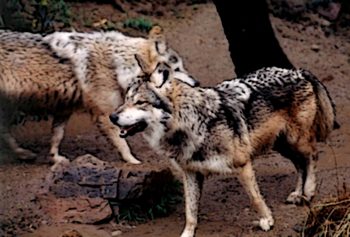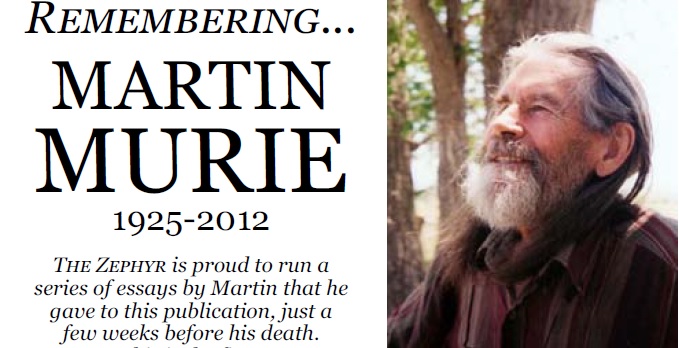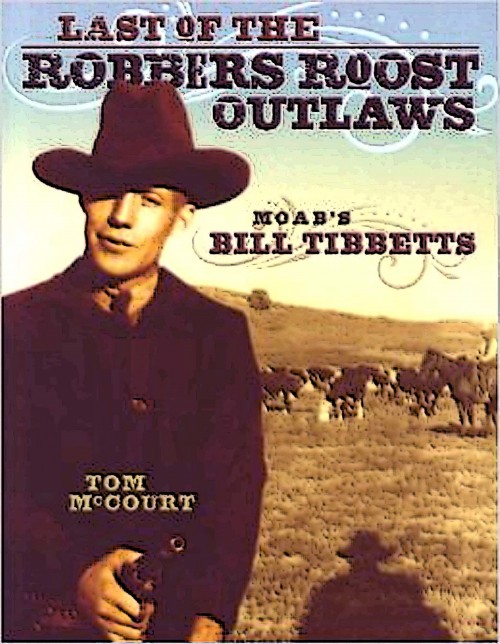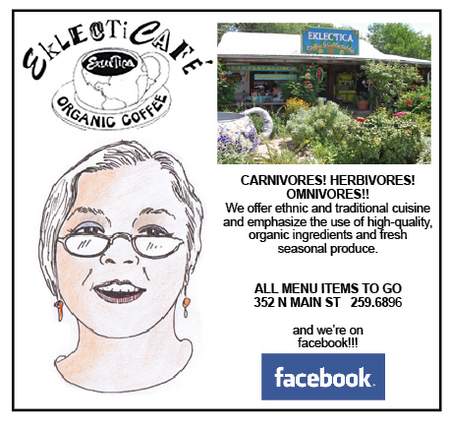It was a good conference; poets and scholars and teachers gathered to honor Rachel Carson and Henry Thoreau, the fourth such gathering organized by NEW-CUE (Nature and Environmental Writers — College and University Educators) at Boothbay Harbor, Maine. We listened to each other, found loopholes in
environmental discourse that allowed history and grassroots struggles to enter; we were well fed and the organization of events was superb and the weather near perfect.
But there was a dark presence there that had to be pushed back. We’re good at that, we humans; it’s one of our survival skills. But that presence was right there in the place itself inside a gated community, a luxurious inn, discreetly voracious in its consumption of the world’s substance, sublimely indifferent to its fantastic dependence on masses of material, embodied labor, drawn recklessly from around the world, our planet, our one and only homeland no longer secure.
Maybe we were a little like bears, lean from a long winter enjoying a calm meadow of quiet controversy. Words and hands and expressions making language, a good way to enter summer. It ended and we all went back to basic American routine: traffic and sprawl.
Traffic and Sprawl, a way of life: guarded family headquarters connected by highways and streets to work and consumption emporiums by way of individual vehicle ownership, individual vehicle enclosure. An American Tragedy. I think it merits such a high sounding title because we pay a very high price. It crept upon us, we adapted; that very act trapped us into accepting these truly fantastic extremities of individual privacy as the way things inevitably are and the way they will be. The price? Cities near death, a huge proportion of citizens overburdened by debt, maintenance and protection of property and, above all, alienation from neighbors, from communal give and take. We struggle to stay sane in a dog-eat-dog world conditioned by TV “reality” shows and condemned to believe Pogo’s aphorism: “We have met the enemy and he is us.”
Yes, but not quite. Consideration and skill, even empathy, are still alive on the highways and clogged streets of our land. We need to notice that marvel. Stressed toward the breaking point, yet sociability and common sense die hard. We are not dead yet, and the enemy is not us.
In Walpole, New Hampshire, on the way home, I stood in morning light listening to two red-eyed vireos talking to each other, both of them hidden in a mighty mass of century-old maple foliage. One bird would give its spiel and as soon as it stopped the other began. Back and forth. Males contesting territory? Maybe, but for a human recently emerged from close confinement in a troublesome vehicle it was a somewhat musical jolt into another world, a pleasing reminder that there are many, many realms of existence not our own. We don’t own them. We don’t own any of The Others.
Consider Mexican wolves, Canis lupus baileyi, a subspecies rated as the most endangered mammal in the world. The latest census estimates that there are now about 35 adult wolves at large in the wilds of New Mexico/Arizona, plus an unknown number of this year’s pups (Center for Biological Diversity, June 2000.)  The federal Fish and Wildlife Service, legal “managers” of the Endangered Species Act (ESA), has been alternately releasing and then re-trapping wolves or killing them, whenever they harass or kill livestock.
The federal Fish and Wildlife Service, legal “managers” of the Endangered Species Act (ESA), has been alternately releasing and then re-trapping wolves or killing them, whenever they harass or kill livestock.
There is a huge data set documenting failure of Fish and Wildlife to vigorously carry out the mandates of the ESA. If we cut through the complexities of political and economic factors, it is painfully obvious that the ESA itself comes up against another legal priority: private property and private property rights that also have a powerful mythology, an aura of “don’t tread on me” that intimidates all of us, especially politicians. “Nobody’s going to tell me what to do on my own property” is not an American Wild West credo; it was imported from the east on the coattails of Manifest Destiny. One consequence is the artful wordsmithing by lawyers who can twist just about any move by government, local, state or national, to show that the move is a “takings” act. Politicians and government functionaries are all expertly aware of this; it forms a substantial part of their timidity.
One interesting thing is that governments feel quite free to invade personal privacy rights, to search and seize and intimidate, but property rights are very close to sacrosanct. A recent twist is the Supreme Court’s ruling that the doctrine of Eminent Domain can oust small property owners for the benefit of big owners, e.g., “Developers.”
Let’s step out of this jungle for a moment. Suppose Fish and Wildlife suddenly began to take seriously and insistently the mandates of the ESA. Suppose they stop killing or removing wolves from their former habitats. Suppose they dare to defend the Mexican wolf program, not in consensus rhetoric, but as law men and law women, upholders of federal law. That’s not going to happen. But, just for the hell of it, what if? Big uproar, threats, hate words. Violence, maybe, though one can’t predict violence with certainty. (See Rick Bass’s thoughtful piece on community, page 156 et seq. in Tom Lynch, ed., El Lobo. Readings on the Mexican Gray Wolf. U. of Utah Press, 2005.) Let’s say that Fish and Wildlife holds fast for a week or ten days. Great clamor in Congress and front page New York Times blather, et cetera. Let us further suppose that, in the nick of time, someone comes up with a bright idea: change the rules rampant on western ranges; invite ranchers to negotiations that propose ranchers take up regular salaried positions as guardians of livestock AND predators. (Let’s include jaguars and mountain lions and wolverines, okay?).
I know, the current power clique wouldn’t stand for it, but now we fast-forward to a ruling group that recognizes grassroots pressures as real and growing. Something has to be done. Suppose, too, that this bunch of rulers, no more virtuous than the others in our brief history on the continent, but reality conscious, willing to go with the flow. They get our people out of foreign wars, they tone down the drive for empire just enough to divert taxpayer money from preemptive warfare to the saving of wolves and cattle and sheep and other endangered animals. Hey, look! Grassroots floodgates open. War billions go into a single payer health system. War billions go to seriously and insistently build sensible public transport and instruct corporations to build sensible vehicles. And these moves are only the bare beginnings.
It won’t happen that way. But it will happen some way. I sketch it in here from an Endangered Species point of view because that viewpoint has to become a working ingredient in the rough times ahead. Joining The Others (call it the earth’s Ecosystem if you prefer) is a choice we have to make, because it is now evident that our species is also on the endangered list. We stand or fall together. Yes, definitely. It’s written on the back pages, between the lines of ads for makeovers and personal grooming kits.
We can make common cause with the great multitudes, the bad and the good, the rattlesnakes and the dolphins, the molds and yellow legged frogs and rats, the black rhinos and those critters who creep about at the bottom of the sea, each attentive to a different drum beat. Survival in the turmoil of difference. We could try that.
.











